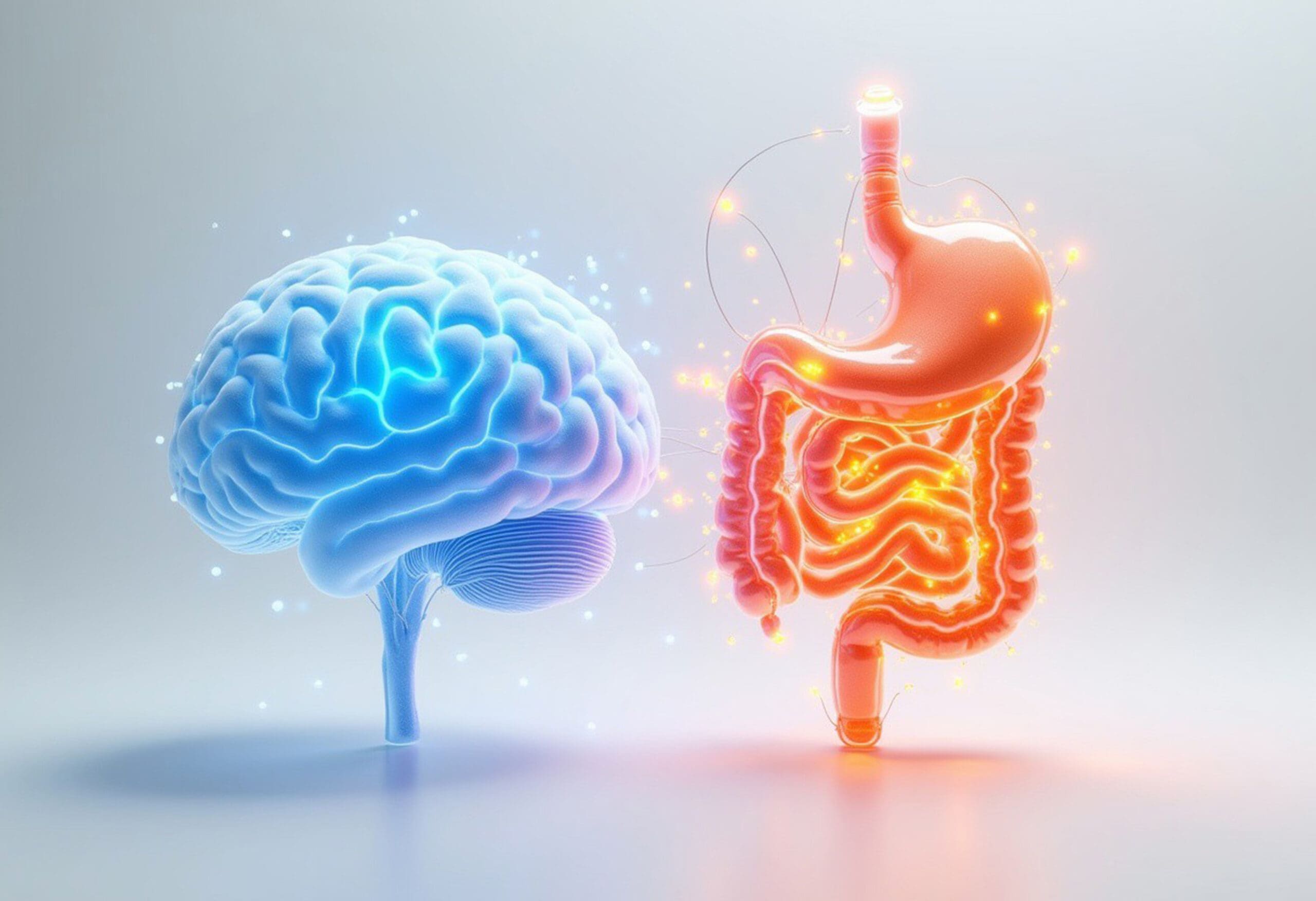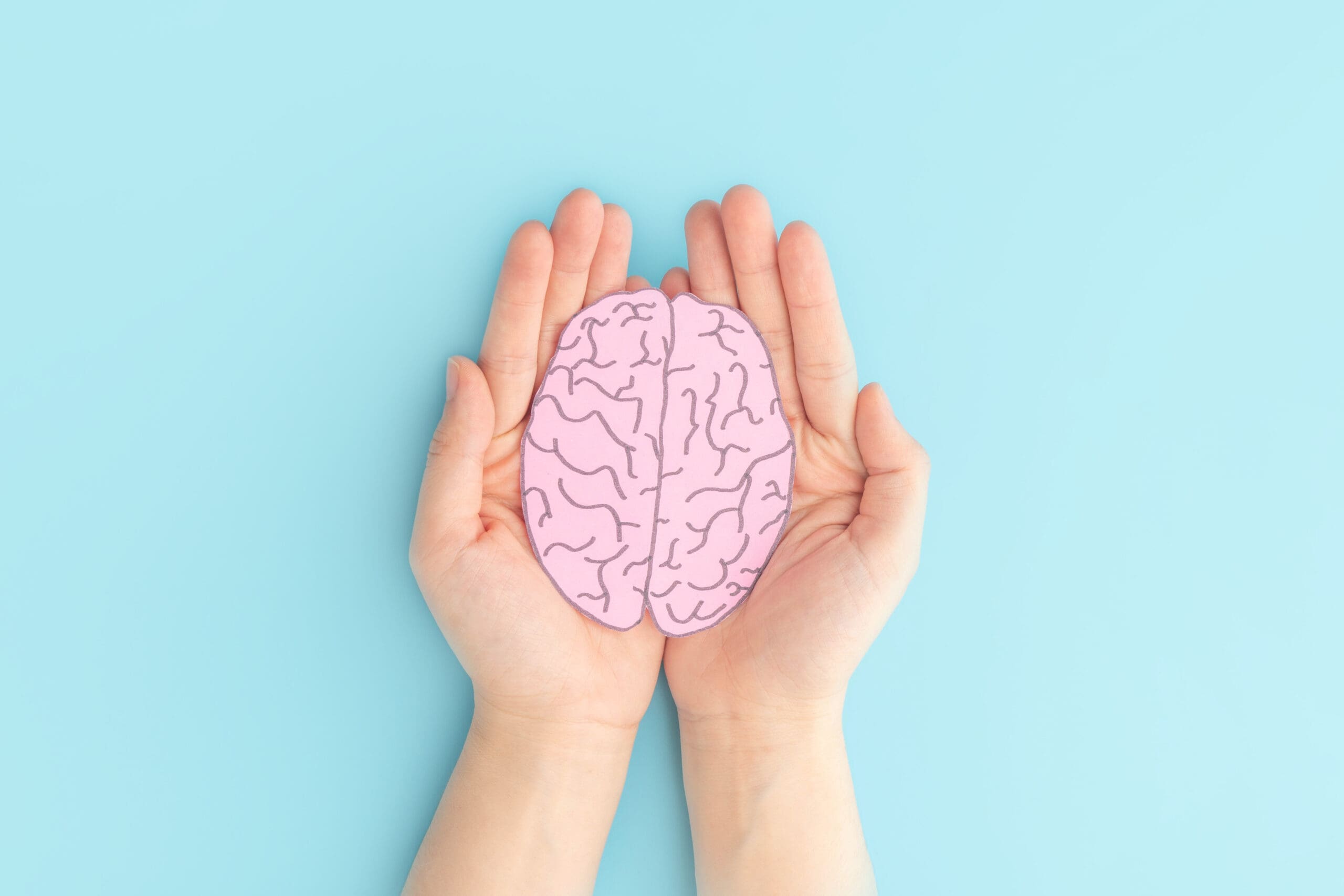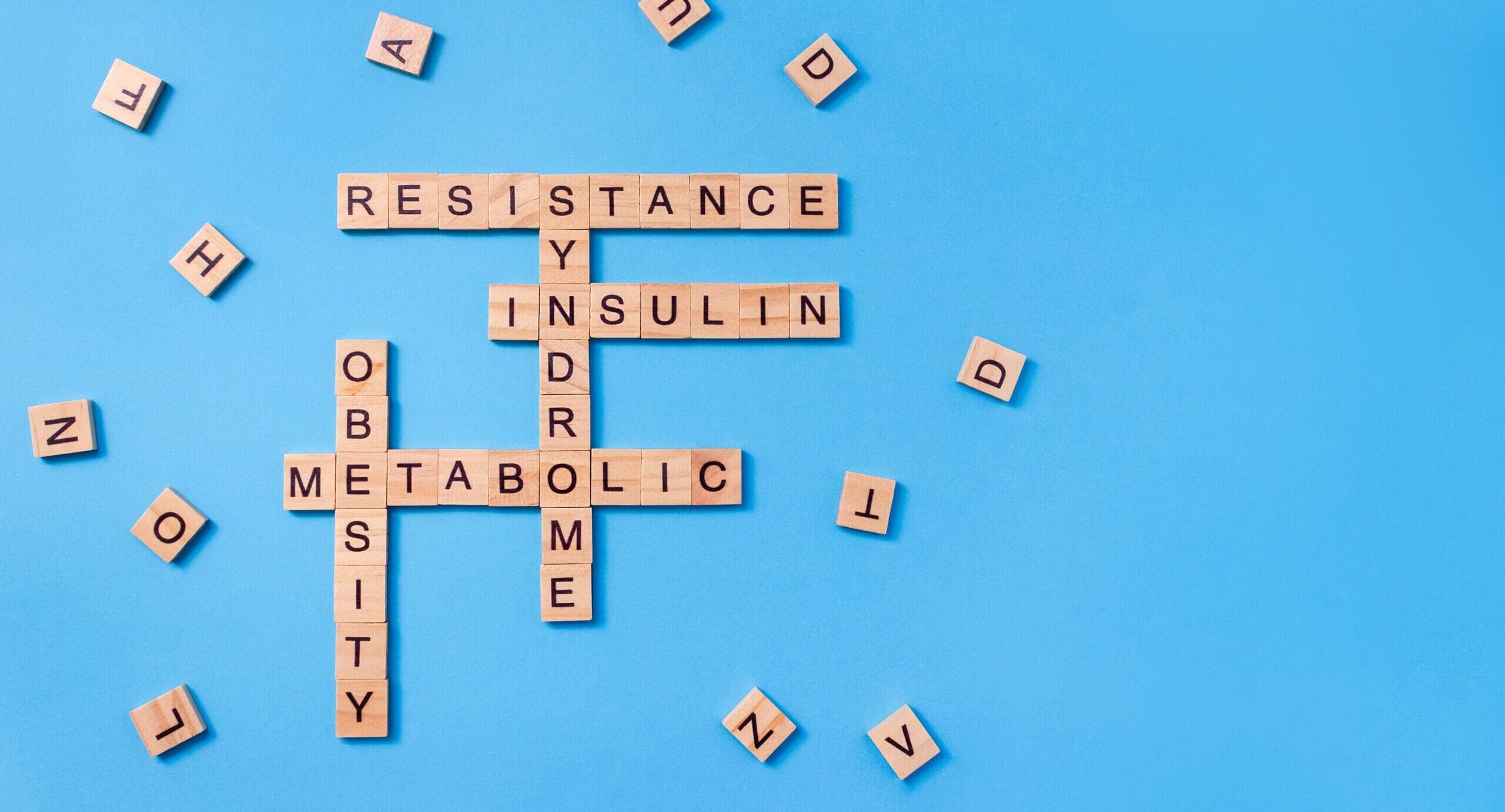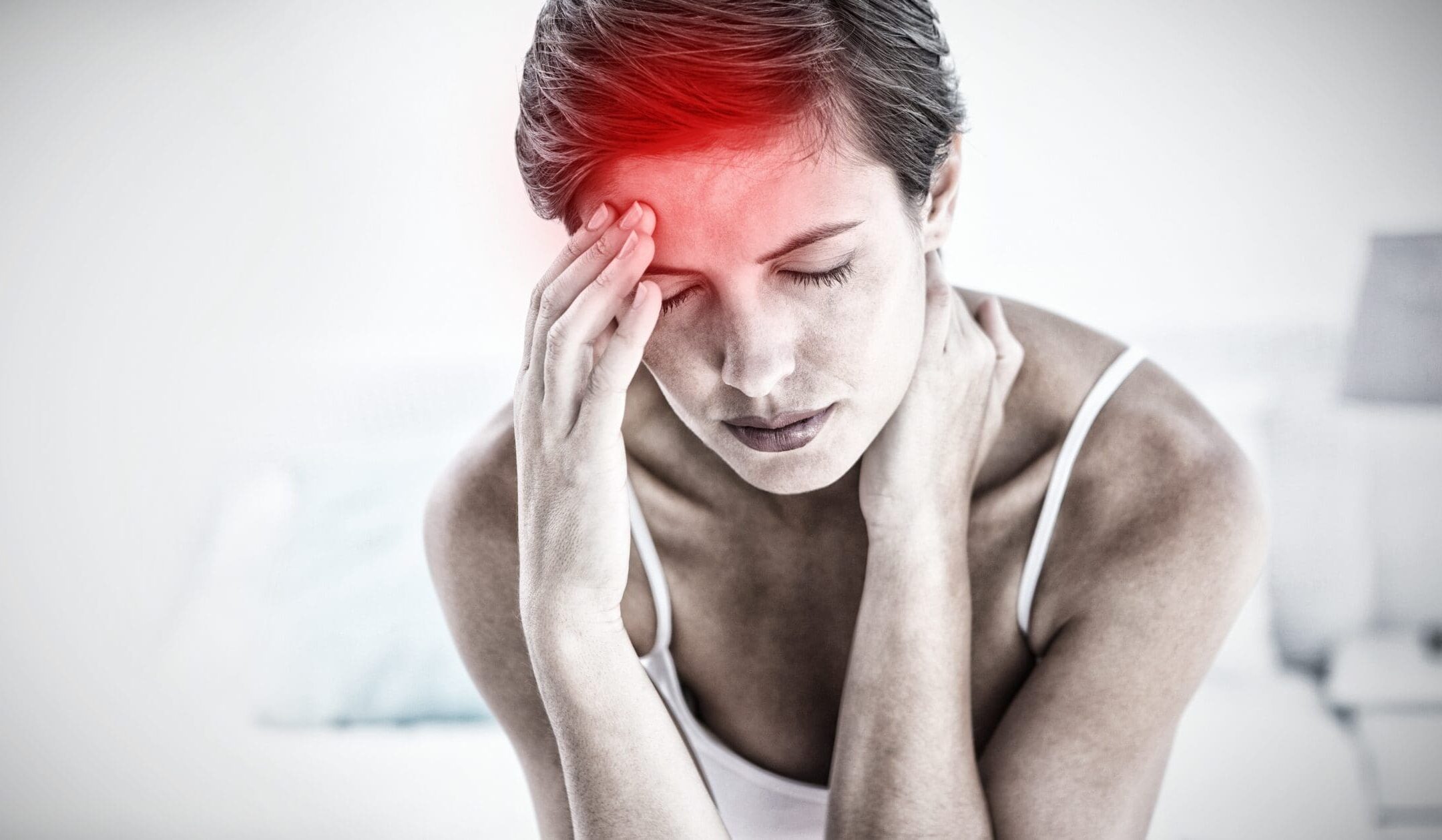Stress can deplete your body of progesterone
By naturopath Margaret Jasinska
Progesterone deficiency is incredibly common among menstruating women. Having too much oestrogen relative to progesterone (referred to as oestrogen dominance) can lead to premenstrual mood problems, excessively heavy or painful menstruation, sore breasts leading up to menstruation, fluid retention and strong food cravings.
Progesterone deficiency is also a feature of polycystic ovarian syndrome, which can cause irregular menstruation or a loss of the menstrual cycle altogether. Women with endometriosis usually produce too much oestrogen relative to progesterone. Progesterone deficiency is a common cause of infertility.
You may not realise that your body produces progesterone from cholesterol. This is just one of the important benefits of cholesterol in your body, and one reason it’s important to eat enough fat. Many women who are approaching menopause are trying to reduce their cholesterol level, and this can negatively impact their hormones.
You may also not realise that you can convert progesterone into the hormone cortisol. Cortisol is known as a stress hormone – particularly a chronic stress hormone. Your adrenal glands increase their production of cortisol when you have been feeling stressed or anxious for a prolonged period of time. It is not surprising then that chronic stress can disrupt the menstrual cycle and worsen already problematic menstruation. Magnesium may help to relieve the symptoms of stress and many women find it greatly improves their quality of life. Magnesium may also help to improve sleep quality. Taking a tyrosine supplement may also help, because tyrosine supports a healthy stress response in the body.
You can start feeling the beneficial health effects of progesterone quite quickly by using a bio-identical progesterone cream. This requires a doctor’s prescription. For more information call the Dr Sandra Cabot Clinic on 0246554666. Ideally you would also try to manage stress and anxiety in a healthy way. You can try exercising in nature, deep breathing meditation, tai chi, Yoga. It is important to save a quiet peaceful time for yourself.










Leave A Comment